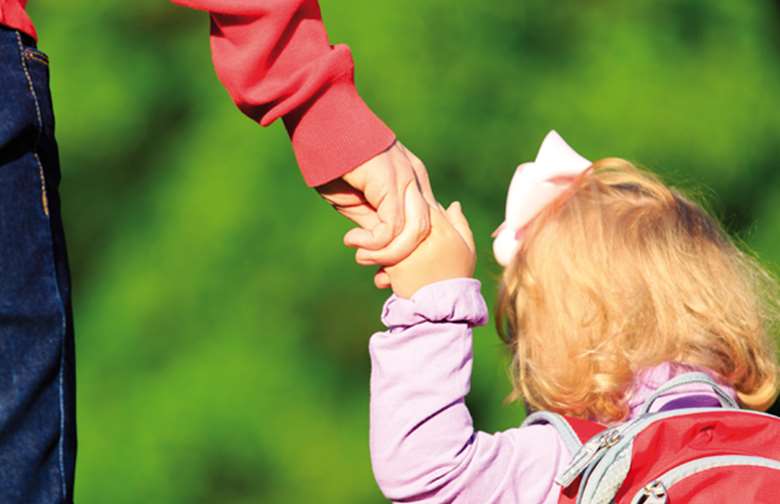How service targets the needs of birth parents
Emily Rogers
Tuesday, February 2, 2016
Project supports parents whose children are being adopted and prevent repeat adoptions.

Project
Birth Parents Support Service
Funding
Running costs of around £50,000 a year, funded through a contract with Medway Council
Background
The government's 2013 Statutory Guidance on Adoption requires independent support to be made available to the birth parents of children being adopted. In June 2014, charity Family Action took on this task in Medway, after winning a two-year council contract.
"When the court process finished, often birth parents were left with nothing and had unmet needs," says project co-ordinator Lauren Dyer. "We set out to address those needs and reduce the chance of it all happening again."
Action
The service is overseen by Dyer, helped by a support worker and four volunteer befrienders.
Parents are referred mainly by social workers or the council's adoption team, but some also come through solicitors and other professionals or self-referrals.
Referrals usually take place after the adoption court decision. An initial assessment covers areas such as emotional and mental health, relationships, housing, finances, support networks and contact arrangements with children.
Dyer or her colleague meet regularly with parents to work on these issues - usually once a fortnight. They may accompany them to court, if this process is still under way, as well as key social services meetings, helping them understand and contribute to the process and advocating for them when necessary. Parents are encouraged to meet adopters and initiate and sustain face-to-face or letterbox contact with children where possible. The charity has started offering therapy from volunteer trainee counsellors or therapists. Parents may also be referred to specialist services for issues such as relationships, housing or drug use. "We're trying to help them understand what happened and why, at that time, they weren't able to look after their child," says Dyer.
Families are typically supported for between six to 12 months and volunteer befrienders then provide a listening ear and organise peer support through monthly meetings.
Outcome
Since October 2014, the service has worked with 23 families. Around 70 per cent have improved relationships with social care, according to the charity's data. Parents have made sustained changes including reducing or stopping substance misuse, moving away from abusive partners, stabilising mental health and improving understanding of parenting.
Of 10 families with the possibility of face-to-face contact with their children, eight have met up with them while nine out of 11 families with the possibility of letterbox contact have been supported to sustain it. Six out of seven families supported to keep subsequent children in their care have succeeded in doing so.
If you think your project is worthy of inclusion, email supporting data to derren.hayes@markallengroup.com




